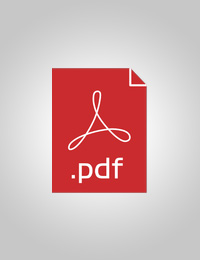
Mid-term evaluation of Sustainable Fuel Wood Management in Nigeria Project
Completedon 30 Sep, 2020
Evaluation Plan
Planned End Date
Sep 2020
Evaluation Type
Project
Management Response
Yes
Evaluation Budget
$20,000
Evaluation Title
Mid-term evaluation of Sustainable Fuel Wood Management in Nigeria Project
Atlas Project Number
00092573
Plan Period
Status
Completed
Type
Project
Plan Date
30 Sep, 2020
Completion Date
30 Sep, 2020
Budget
$20,000
Expenditure
$25,900
Management Response
Yes
Quality Assessment
No
Joint Programme
No
Joint Evaluation
No
GEF Evaluation
Yes
Expand
Stakeholders
Ministry of Environment
Countries
Nigeria
Atlas Project Number
00092573
Plan Period
Status
Completed
Type
Project
Management Response
Yes
Plan Date
30 Sep, 2020
Quality Assessment
No
Completion Date
30 Sep, 2020
Joint Programme
No
Joint Evaluation
No
Budget
$20,000
GEF Evaluation
Yes
Expand
Expenditure
$25,900
Stakeholders
Ministry of Environment
Countries
Nigeria
Output 1.4.1 Solutions scaled up for sustainable management of natural resources, including sustainable commodities and green and inclusive value chains
Goal 15. Protect, restore and promote sustainable use of terrestrial ecosystems, sustainably manage forests, combat desertification, and halt and reverse land degradation and halt biodiversity loss
15.2 By 2020, promote the implementation of sustainable management of all types of forests, halt deforestation, restore degraded forests and substantially increase afforestation and reforestation globally
1: Others
2: Sustainable


